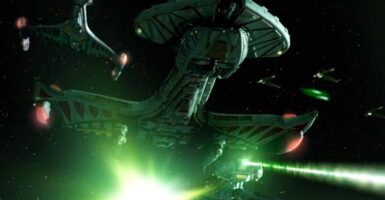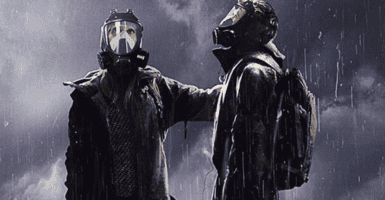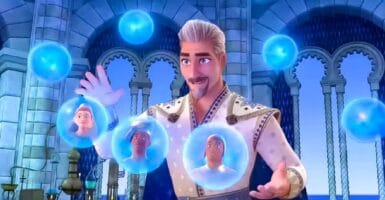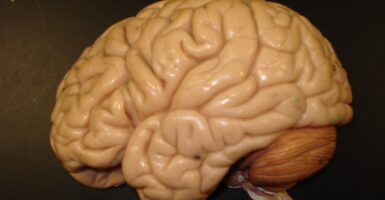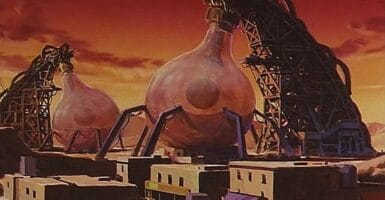Celebrated Comic Book Writer Calls Out Evil Superman Stories
One seasoned comic book writer is taking issue with the idea of an evil Sueprman.
This article is more than 2 years old
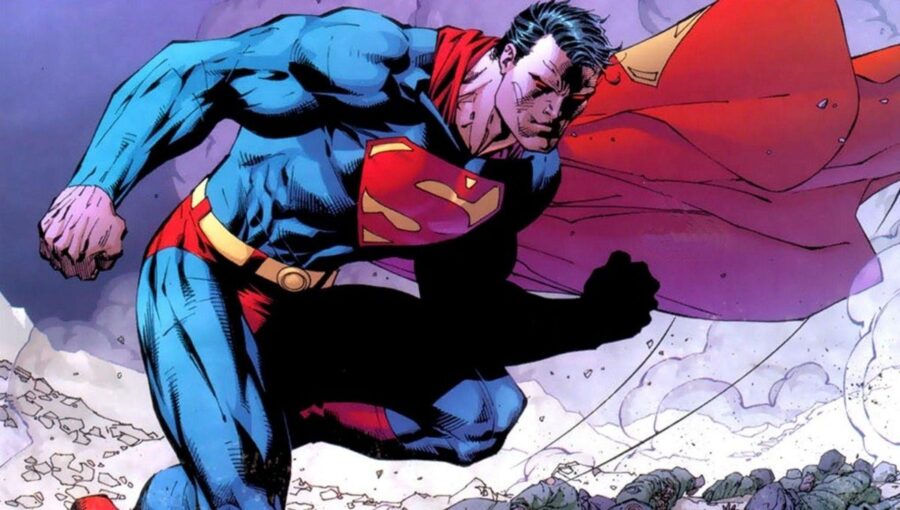
Grant Morrison protests the public’s morbid fascination with evil Supermen, a recent CBR interview reveals. The maven behind All-Star Superman believes a being of infinite potential would, by definition, transcend Man’s ethical limitations by virtue of his elevated status — a fancier way of saying, with great power comes great responsibility. He contends that if mortal men (like Batman) can afford to temper their emotions in times of distress, so can gods like Superman.
That said, Grant Morrison considers the subversive, evil takes on a superpowered Ubermensch uncharacteristic of the Superman archetype and ultimately a firm betrayal of everything the character stands for. “It’s something I’ve come to terms with and pared down to it coming down to the patriarchal structures that have been oppressing us and Superman can easily be made to be representative of that. This dad-like figure looking out for us can be made authoritarian but I think that’s a mistake,” he explains. “I think the idea that Superman would react to the death of Lois Lane by becoming a tyrant is ridiculous; my mum and dad died and I didn’t become a tyrant. If I can handle it, Superman can handle it.”
The Glasgow native has written enough comic books on characters like Superman to virtually qualify as an expert in the field. The triumph of his career is, arguably, All-Star Superman, a 12-issue comic published from 2005 to 2008 and illustrated by Frank Quitely. It presents the world’s greatest superhero as the ultimate embodiment of hope; faced with the threat of his own mortality, and the prospects of death for the very first time, the Man of Steel sheds his superpowered exterior for a chance at simply being “a man,” determined to spend his last days reaching out to the besieged populace by performing heroic feats befitting an Earthling with extraordinary abilities. This is as far from evil Superman as you can get. As far as interpretations go, this was an astounding first. More lackadaisical versions of Superman tend to focus on his immense power over other attributes; as a result, the character is often defined by the strength of his fist rather than the purity of his intentions.
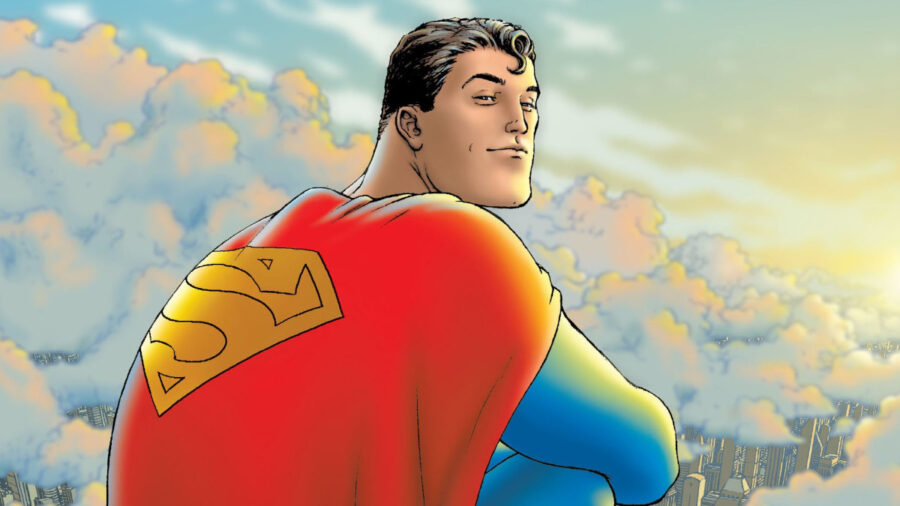
But Grant Morrison capitalized his take on the bespectacled nerd behind the red cape, rather than the profound implications of being the most powerful creature on the planet. And while evil Supermen certainly look compelling on paper, Morrison believes an individual with such noteworthy prowess would never resort to such hideous measures to validate himself. Being better than humans also means being less prone to making human mistakes. And the Superman archetype will always operate several steps above.
Recent properties have been relentless with their pursuit of the evil Superman, a trope currently popularized by mass media to great effect. Characters like Invincible’s Omni-Man, the Janus-faced alien invader working undercover to subdue the human population, and The Boys’s Homelander, the psychotic leader of the Seven, were predated by the Injustice Superman, a despotic iteration of the Last Son of Krypton created by cruel circumstance when the Joker engineers the death of his then-pregnant wife Lois Lane. Grant Morrison considers the One-Earth Superman not only a moral travesty, but an unrealistic depiction of a superhero in the vestiges of grief. If a world-breaking superhero like Clark Kent wanted to negatively recondition humanity into staying in line, he wouldn’t become an evil Superman and enslave them or rule society with intimidation and force. He would contrive to develop a Federation-like world to encourage good behavior, rather than focus on the bad eggs, in an effort to prevent mankind from devolving to their baser, more primal instincts.
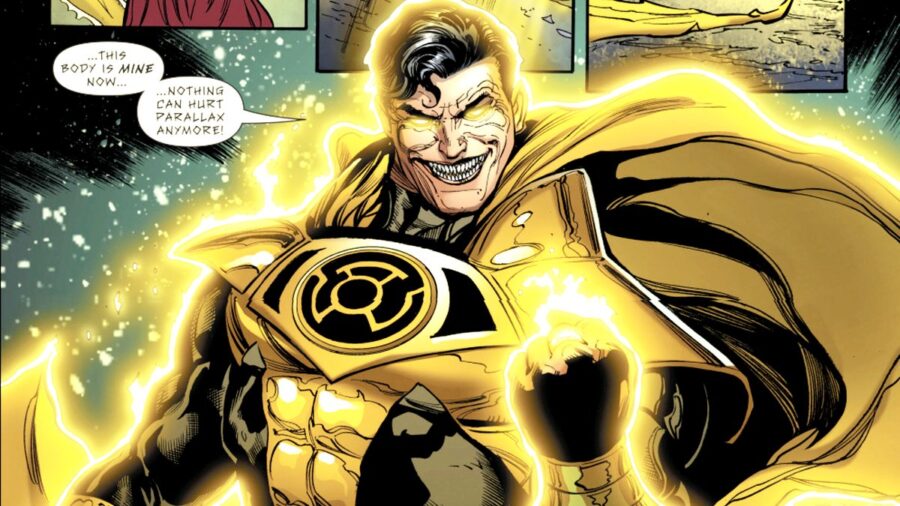
“I think there’s a certain degree of, if he’s that powerful, couldn’t he change things?” Morrison says. “We’re kind of leaning into the idea that he’s a really good man and wants to do the best for us but he’s not actually human. He doesn’t want to break us but he’s gotten to the point where he thinks maybe he should break us, maybe we need this. It’s slightly scarier than Superman as an authoritarian dad with heat vision eyes, it’s more of an alien perspective saying, ‘I’ve had enough of you. You’ve been messing up too long and are really going to hurt yourselves if I don’t do something.’”
Grant Morrison’s newest comic Superman and the Authority reintroduces exactly this kind of Superman, a firm but benevolent ruler using parenting methods he cultivated while raising his now-grownup son Jon Kent to regulate human affairs. The comic book is easily a thinly-veiled protest of all the evil Supermen currently populating games and cinema, proving once and for all that the greatest heroes will always remain the best among us. Superman and the Authority is written by Grant Morrison and illustrated by Mikel Janín.
